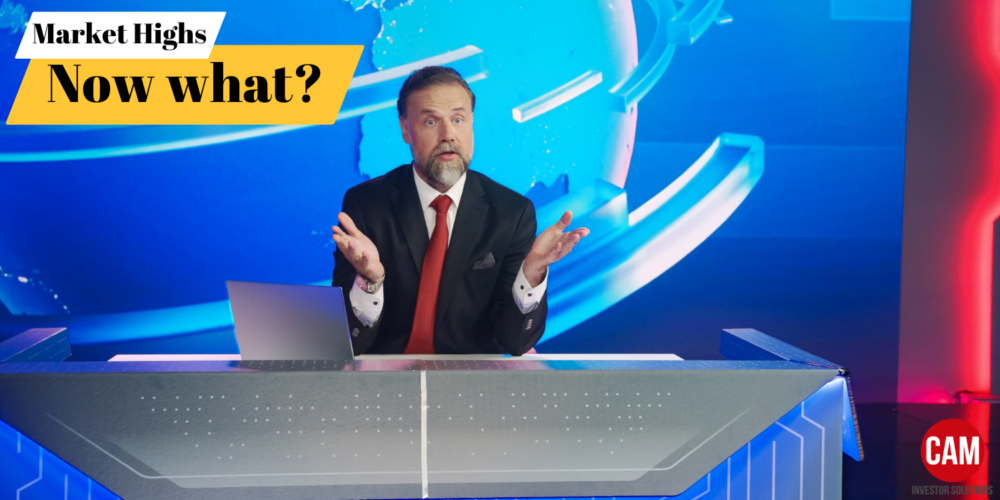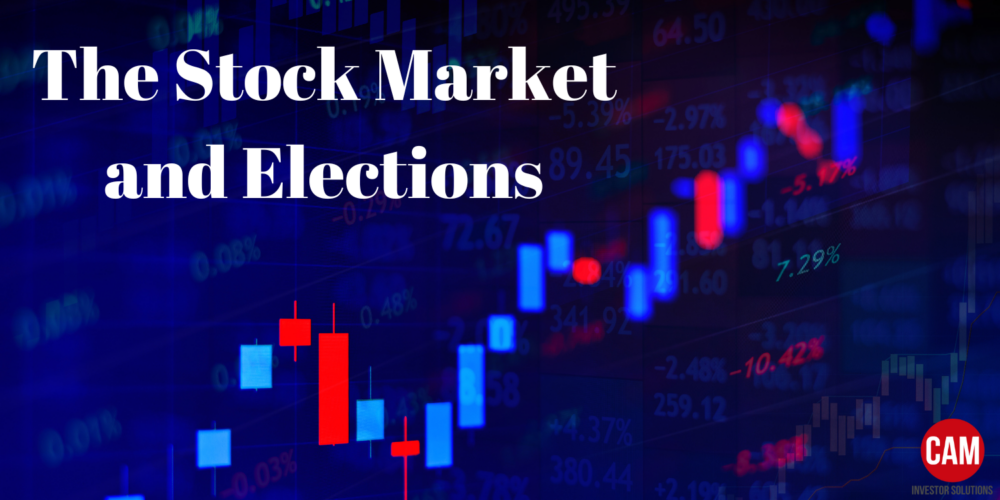The S&P 500 is doing great! Why not just invest in that and forget the rest? Read further to see how this might not be the best strategy.

Are famous people “experts”?
In his best-selling book, “Range,” author David Epstein makes a compelling case that our society has developed an unhealthy obsession with specialization, and, especially, with the “expert”.
In the chapter “Fooled By Expertise,” Epstein points to a rather shocking body of research that shows that the more famous an expert is, the more likely their predictions are to be wrong. It turns out that working in gilded silos and being surrounded by people who tell you how brilliant you are often breeds a lack of humility to examine whether your assumptions may actually be – gasp! – incorrect.
In one particularly telling example, Epstein sites a study that found that from 2000 – 2010, experts from 22 of the world’s most prestigious banks predicting the movement of the dollar-euro exchange rate missed every single change of direction in the decade. [i]
Can experts pick winning stocks?
All of this came to mind when we read a recent article by Bloomberg highlighting the frustrations Wall Street “experts” have experienced this year as stocks have refused to follow the doom-and-gloom predictions they made for 2023:
Up and down Wall Street, forecasters were caught flat-footed by how the first half of 2023 unfolded in financial markets. That seems to have rattled their faith in what the winning playbook for the rest of it should be.
Heading into the year, a handful of predictions dominated strategists’ annual outlooks. A global recession was imminent. Bonds would trounce stocks as equities re-tested bear-market lows. Central banks would soon be able to stop the aggressive rate hikes that made 2022 such a year of market misery. As growth stumbled, there’d be more pain for risky assets.
But that bearish outlook was shattered as stocks rallied even as the Federal Reserve continued to ratchet up interest rates in the face of stubbornly elevated inflation. No expert predicted that.
One of the most important factors in investment success is controlling our emotions, in particular our anxieties about what may lie ahead for the stock market. Fear is the most primal of all emotions, and it often leads people to make hasty, short-sighted decisions about their investments. Those decisions can have disastrous repercussions in the long run.
Tune out the noise
In today’s wired world, it’s almost impossible to avoid the endless litany of predictions the Wall Street talking heads throw out on a daily basis. So, when you run across them, it’s well to remember they may not be experts and that their opinion about the short-term direction of the stock market isn’t any more likely to be right than your own. In fact, it may be more likely to be wrong.
Disclosure
[i] Epstein, David: “Range: Why Generalists Triumph in a Specialized World”; pp. 226-227 (Riverhead Press, 2019)
M & A Consulting Group, LLC, doing business as CAM Investor Solutions is an SEC registered investment adviser. As a fee-only firm, we do not receive commissions nor sell any insurance products. We provide financial planning and investment information that we believe to be useful and accurate. However, there cannot be any guarantees.
This blog has been provided solely for informational purposes and does not represent investment advice. Nor does it provide an opinion regarding fairness of any transaction. It does not constitute an offer, solicitation or a recommendation to buy or sell any particular security or instrument or to adopt any investment strategy.
Past performance is not a guarantee of future results. Diversification does not eliminate the risk of market loss. Tax planning and investment illustrations are provided for educational purposes and should not be considered tax advice or recommendations. Investors should seek additional advice from their financial advisor or tax professional.



